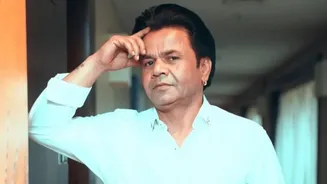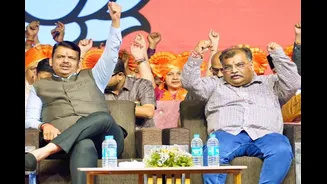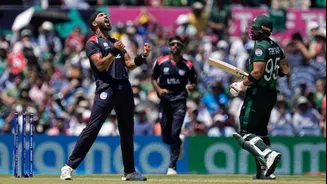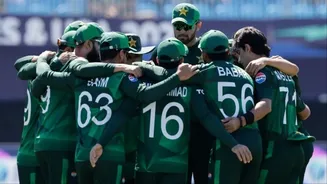UN's Growing Concerns
Jaishankar’s recent statements signal a growing unease regarding the United Nations' performance on the global stage. He pointed out the widening gap between
the UN's decisions and the collective needs of its member states. The minister indicated that the organization's priorities, as reflected in its actions, often seem to diverge from the requirements of the broader international community. This situation, according to Jaishankar, necessitates a critical re-evaluation of the UN's functioning and its capacity to address contemporary global challenges effectively. He implicitly suggested that the UN's current structure might be hindering its ability to fulfill its primary mandate: maintaining international peace and security and promoting global cooperation.
Disconnection and Priorities
The core of Jaishankar's critique centers on a perceived disconnect between the UN's priorities and the requirements of various member states. He has indicated that the UN's decision-making processes do not adequately consider the diverse perspectives and needs of its members. Many observers have noted that powerful nations often wield disproportionate influence within the UN system, shaping agendas to suit their strategic interests. This situation causes concerns about the fairness and representativeness of the UN's actions. The external affairs minister advocated for greater inclusivity and a more balanced approach to decision-making to ensure that the UN truly serves all its members.
The Call for Reform
Jaishankar's remarks implicitly call for substantive reforms within the UN system. He has emphasized the need to revamp the organization's structures and procedures to make it more responsive and relevant in the 21st century. The external affairs minister likely sees a need to address issues such as the composition of the Security Council, the veto power, and the overall efficiency of the UN's operations. The UN's capacity to adapt to evolving global dynamics is critical. Many observers agree that the UN must reform if it wants to maintain its relevance and effectiveness in the face of complex global challenges. Reforming the UN will necessitate extensive dialogue and cooperation among member states to reshape the UN to better reflect global realities and needs.
Impact on India
For India, Jaishankar’s comments have a particular significance. India, being a large and rapidly growing nation, has a significant interest in a robust and effective UN. The nation has long advocated for reforms within the UN, including a permanent seat on the Security Council, to reflect its contributions to global peace and development. Jaishankar’s statements reflect India’s ambition to play a more active role in global affairs and its commitment to multilateralism. India seeks to see a UN that truly reflects the current global power dynamics and that is better equipped to respond to the needs of its diverse member states. India is keen to actively participate in the ongoing discussions on UN reform to further its interests.















